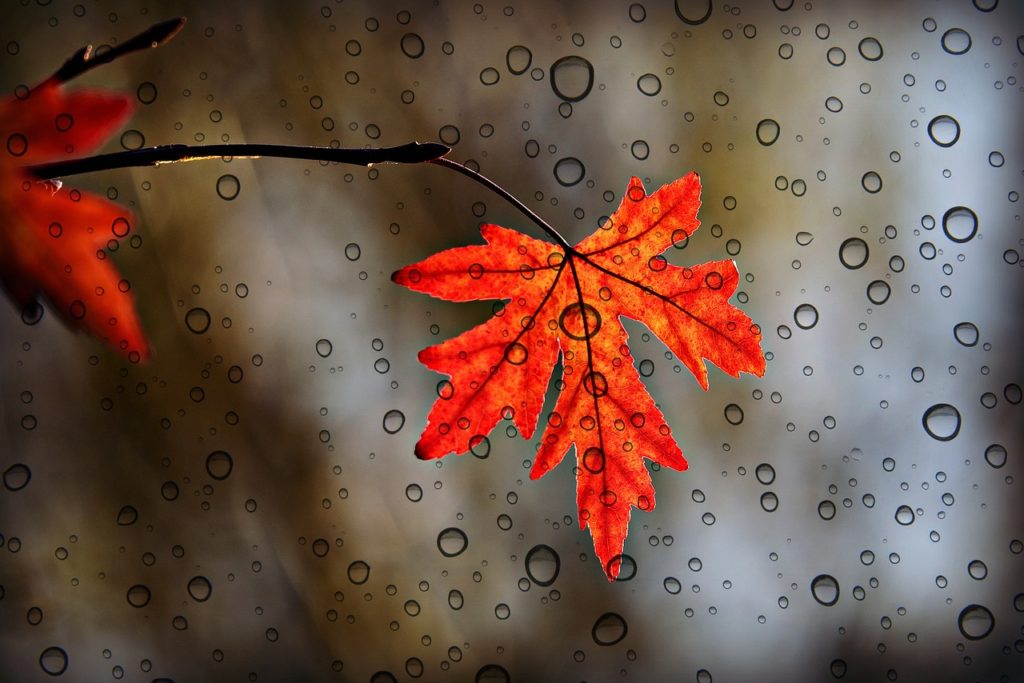August is the last full month of summer. For some, joy is associated with the coming months. Less heat, pumpkin spice everything, and the celebration of several major holidays, but for others, the Fall months are associated with darkness. The loss of sunshine, shorter days, and the change in weather triggers visceral effects on the body, mind, and spirit. This is often referred to as symptoms of autumn. Many of us grapple with change as it brings on stress and negative anticipation about the future. Add to the mix the on-going pandemic, distant learning, and changes in the way we traditionally gather produce alarm, resistance, and exhaustion, as outlined in the general adaptation syndrome (GAS), developed by Hans Sely.
Autumn anxiety, coined by Gillian Scully (2005), is an increase in anxiety some people experience at the beginning or during the autumn months. Sadly, many people don’t realize how common anxiety in autumn is and may not recognize it. People dismiss these feelings of Autumn anxiety, thinking that there are not a Highly Sensitive Person (HSP) or that they do not suffer from Seasonal Affective Disorder (SAD), and go-on-to agonize through the months. It’s no wonder why some of us experience low motivation, which is communicated as laziness. For others, low mood is prevalent as we try to process it all.
Unlike other forms of anxiety, there is not an obvious peripheral trigger (Levy, 2015). Autumn anxiety tends to recur annually, so awareness is the key here. To minimize the effects of autumn anxiety I am recommending that you do less. Our virtual life makes everything accessible, coupled this with our fear of missing out (FOMO), arouses this anxiety. Our body inherently wants to nest but we resist this by marking our minds with the next thing, event, or zoom invitation. Defying our biological cues results in the decrease of serotonin and increase of melatonin. Two important hormones which affects mood, appetite, sleep patterns, and depression. Overtime, the natural antidote to autumn anxiety which includes, self-care, strengthening relationship bonds, consuming healthy foods, exercise, and rest are decreased or eliminated.
Yes, it’s crucial not to overdo it on alone time and only nest. Yet and still, you are encouraged to find your balanced harmony. I hope your harmony includes several of the antidotes above.
All Rights Reserved
Reference
Levy, A. (2015). WH Auden: In the Autumn of the Age of Anxiety. Open Road Media.
Selye, H. (1946). The general adaptation syndrome and the diseases of adaptation. The journal of clinical endocrinology, 6(2), 117-230.

